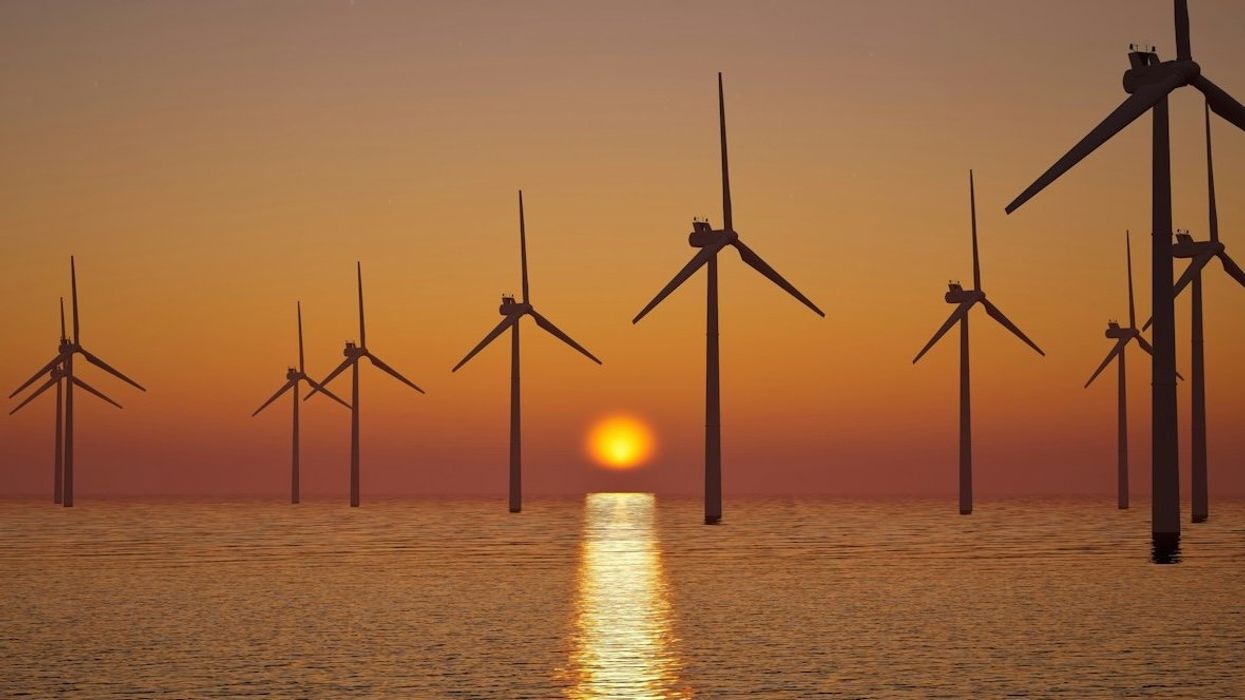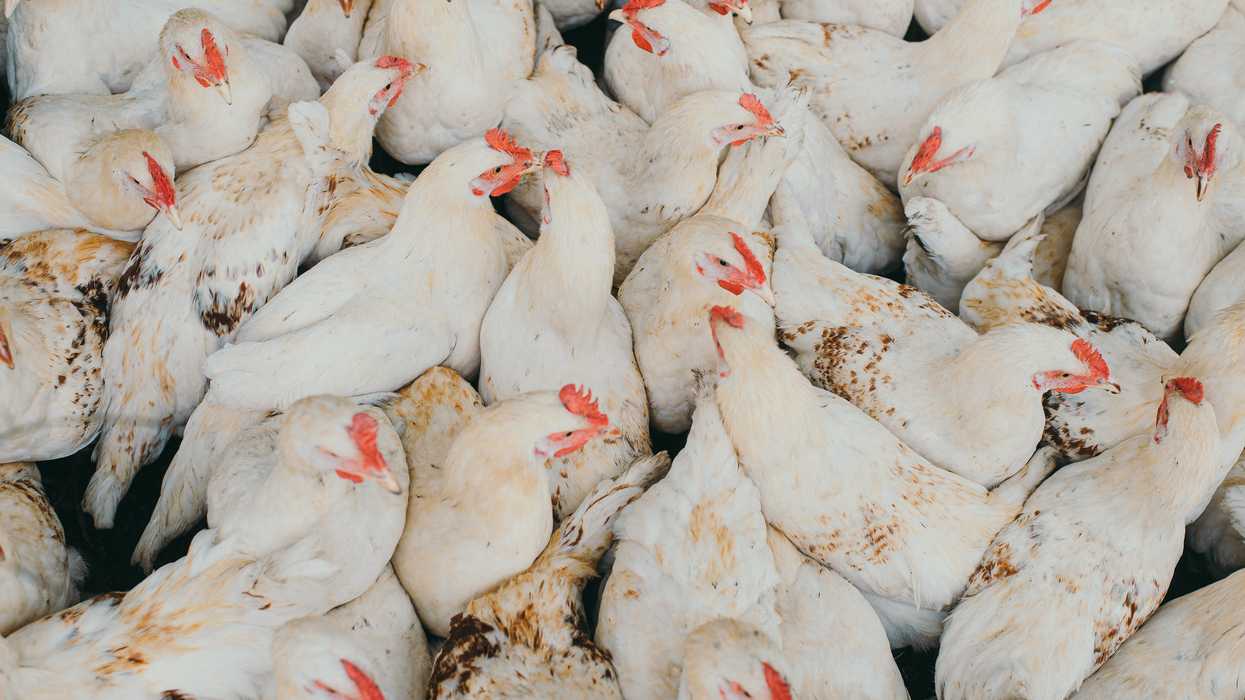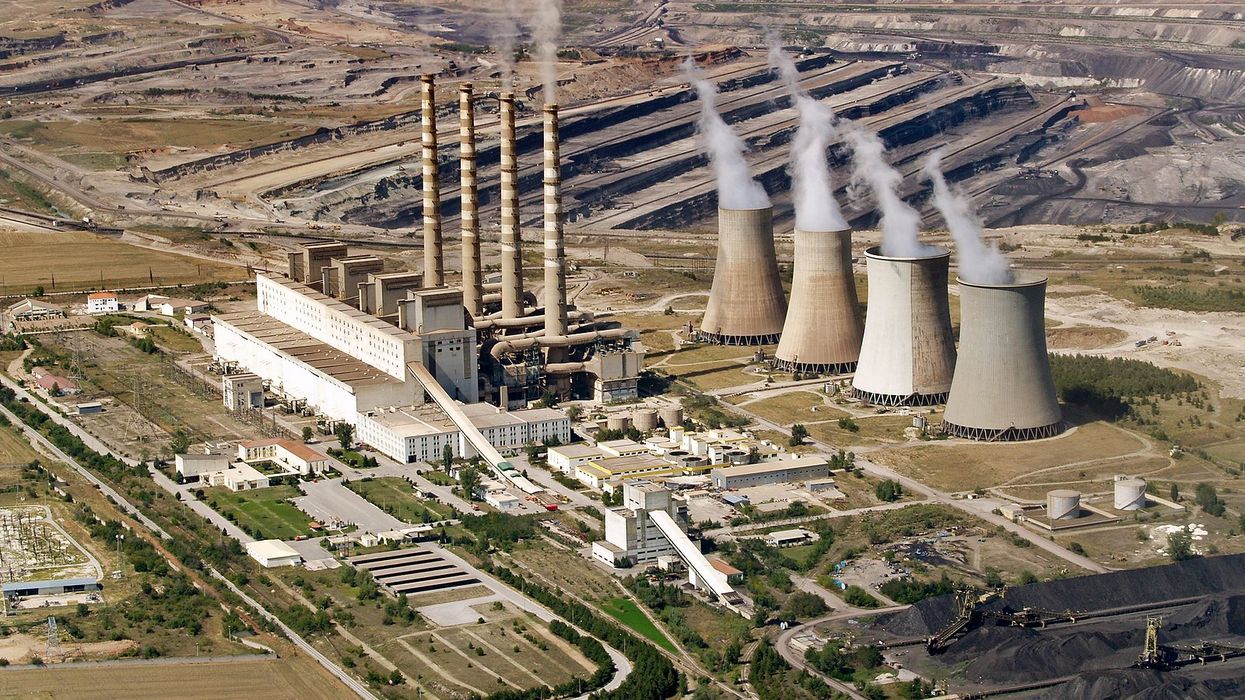Denmark will introduce the world's first emissions tax on livestock, aiming to cut greenhouse gases from cows, pigs, and sheep starting in 2030.
Andrew Jeong reports for The Washington Post.
In short:
- Starting in 2030, farmers will pay about $43 per metric ton of carbon dioxide equivalent produced by livestock, rising to $108 in 2035, with partial tax deductions.
- The tax aims to reduce Denmark's emissions by 1.8 million metric tons of carbon dioxide equivalent in 2030.
- The bill includes creating over 600,000 acres of new forests and supports the agriculture sector’s green transition.
Key quote:
"We will be the first country in the world to introduce a real [carbon dioxide equivalent tax] on agriculture."
— Jeppe Bruus, Danish Tax Minister in a statement.
Why this matters:
Methane, produced through digestion in ruminant animals like cows and sheep, has a much higher heat-trapping ability than carbon dioxide on the short term, making livestock farming a critical area for climate action. In fact, the sector represents between 14 to 19% of all global emissions. By imposing this tax, Denmark aims to incentivize farmers to adopt more sustainable practices and reduce the environmental impact of their livestock operations.














